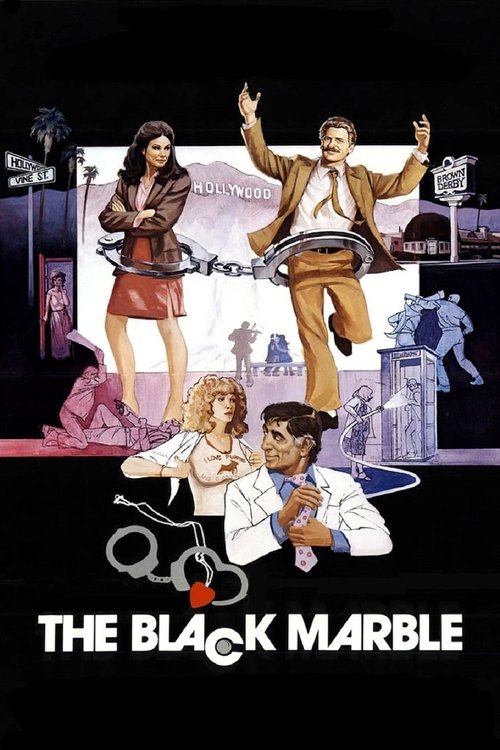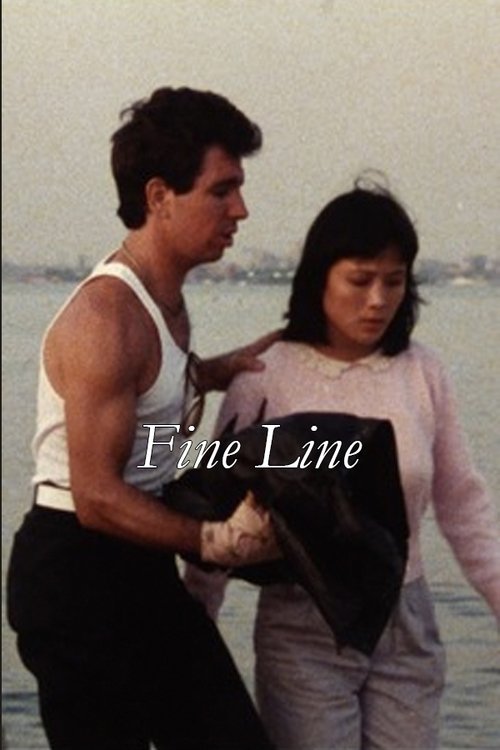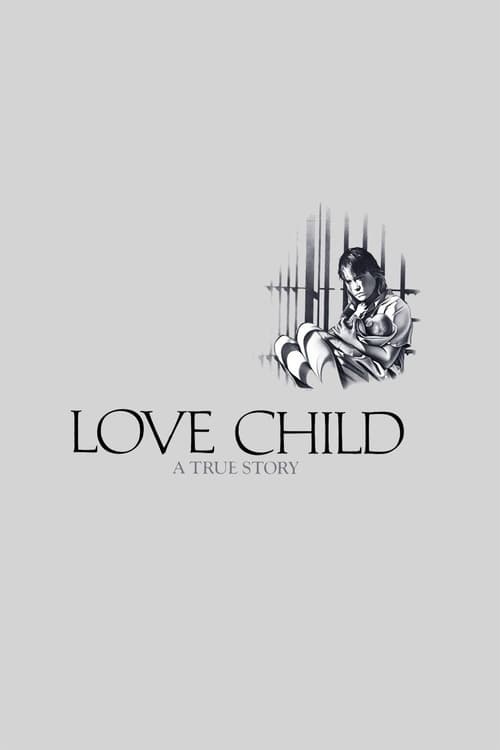
Ask Your Own Question
What is the plot?
What is the ending?
In the ending of "Fine Line," the main character, a young woman named Lisa, confronts her feelings about her relationships and her future. After a series of emotional struggles, she ultimately decides to pursue her own path, leaving behind the toxic dynamics that have held her back. The film concludes with a sense of hope as Lisa steps into a new chapter of her life.
As the final act unfolds, the scene opens with Lisa sitting alone in her dimly lit apartment, the remnants of her past life scattered around her. The camera lingers on her face, capturing the turmoil and uncertainty swirling within her. She reflects on her relationships, particularly with her boyfriend, who has been emotionally distant and unsupportive. The weight of her decisions presses heavily on her shoulders, and the audience can feel her internal conflict as she grapples with the idea of leaving him behind.
In the next scene, Lisa meets with her best friend, who has been a constant source of support throughout her struggles. They sit in a cozy café, the warm light contrasting with the coldness of Lisa's current situation. Her friend encourages her to think about what she truly wants, prompting Lisa to articulate her dreams and aspirations. This conversation serves as a turning point for Lisa, igniting a spark of determination within her.
The following scene shifts to a confrontation between Lisa and her boyfriend. They meet in a park, the vibrant colors of the autumn leaves surrounding them, symbolizing change. Lisa, with newfound clarity, expresses her feelings of dissatisfaction and the need for independence. Her boyfriend, taken aback, tries to convince her to stay, but Lisa stands firm, her voice steady and resolute. The emotional intensity of this moment is palpable, as both characters grapple with the reality of their relationship's end.
As the sun begins to set, casting a golden hue over the scene, Lisa walks away from her boyfriend, leaving him behind. The camera follows her as she strides confidently down the path, her silhouette framed against the fading light. This moment signifies her decision to embrace her own identity and future, free from the constraints of her past.
In the final scene, Lisa is seen packing her belongings into a car, ready to embark on a new journey. The atmosphere is filled with a sense of liberation as she drives away, the open road stretching out before her. The film closes with a shot of her smiling, a look of hope and determination on her face, suggesting that she is finally ready to take control of her life.
The fates of the main characters are clear: Lisa chooses to prioritize her own happiness and growth, while her boyfriend is left to confront the consequences of his emotional unavailability. The film ends on a note of optimism, emphasizing the importance of self-discovery and the courage to make difficult choices for one's own well-being.
Is there a post-credit scene?
The movie "Fine Line," produced in 1984, does not have a post-credit scene. The film concludes its narrative without any additional scenes or content after the credits roll. The story wraps up with a focus on the emotional and relational dynamics established throughout the film, leaving the audience to reflect on the characters' journeys and the themes explored.
What is the main conflict faced by the protagonist in Fine Line?
The main conflict faced by the protagonist, a young woman named Lisa, revolves around her struggle to balance her personal aspirations with the expectations of her family and society. As she navigates her relationships and career choices, Lisa grapples with feelings of inadequacy and the pressure to conform.
How does Lisa's relationship with her family influence her decisions throughout the film?
Lisa's relationship with her family is strained, particularly with her mother, who embodies traditional values and expectations. This dynamic creates internal conflict for Lisa, as she seeks to assert her independence while feeling guilty about disappointing her family. Her mother's disapproval often leads Lisa to question her own desires and choices.
What role does the character of Mark play in Lisa's journey?
Mark serves as both a romantic interest and a source of support for Lisa. He encourages her to pursue her dreams and challenges her to confront her fears. However, their relationship also complicates Lisa's journey, as she must navigate her feelings for him while staying true to her own identity and ambitions.
How does the setting of the film impact the characters' experiences?
The setting of Fine Line, primarily in a bustling urban environment, reflects the fast-paced and often overwhelming nature of modern life. This backdrop amplifies Lisa's feelings of isolation and pressure, as she witnesses others pursuing their goals while she struggles to find her own path. The contrast between the vibrant city and Lisa's internal turmoil highlights her emotional state.
What pivotal moment leads to Lisa's realization about her own identity?
A pivotal moment occurs when Lisa attends a pivotal event that forces her to confront her true self. Surrounded by successful individuals who have embraced their passions, she experiences a moment of clarity that propels her to reevaluate her choices. This realization is marked by a powerful emotional response, as she begins to understand the importance of prioritizing her own happiness and aspirations.
Is this family friendly?
"Fine Line," produced in 1984, is a drama that explores complex themes and relationships, which may not be suitable for younger audiences or sensitive viewers. Here are some potentially objectionable or upsetting aspects:
-
Emotional Turmoil: The film delves into deep emotional struggles, including themes of loss, betrayal, and familial conflict, which may be distressing for children or sensitive individuals.
-
Intense Relationships: There are scenes that depict strained relationships and confrontations between family members, showcasing raw emotions that could be unsettling.
-
Substance Use: The film may include references to alcohol or drug use, which could be inappropriate for younger viewers.
-
Mature Themes: The narrative addresses adult themes such as infidelity and the complexities of love, which may not be easily understood by children.
-
Tension and Conflict: The film contains moments of high tension and conflict that could evoke anxiety or discomfort.
Overall, while "Fine Line" offers a rich narrative, its emotional depth and mature themes may not be suitable for all audiences, particularly children.























